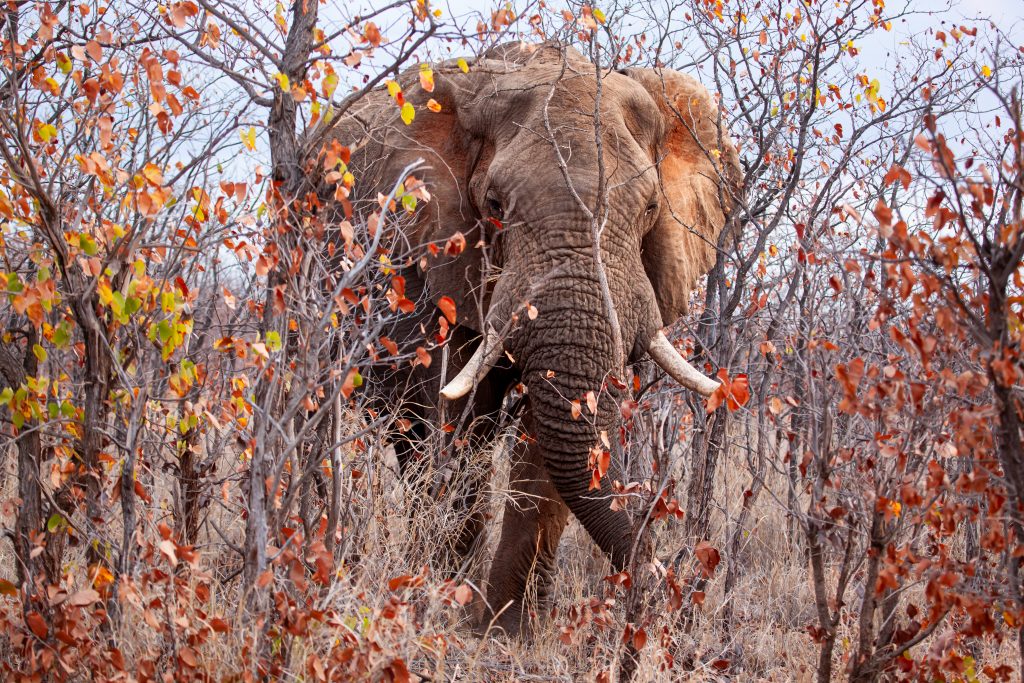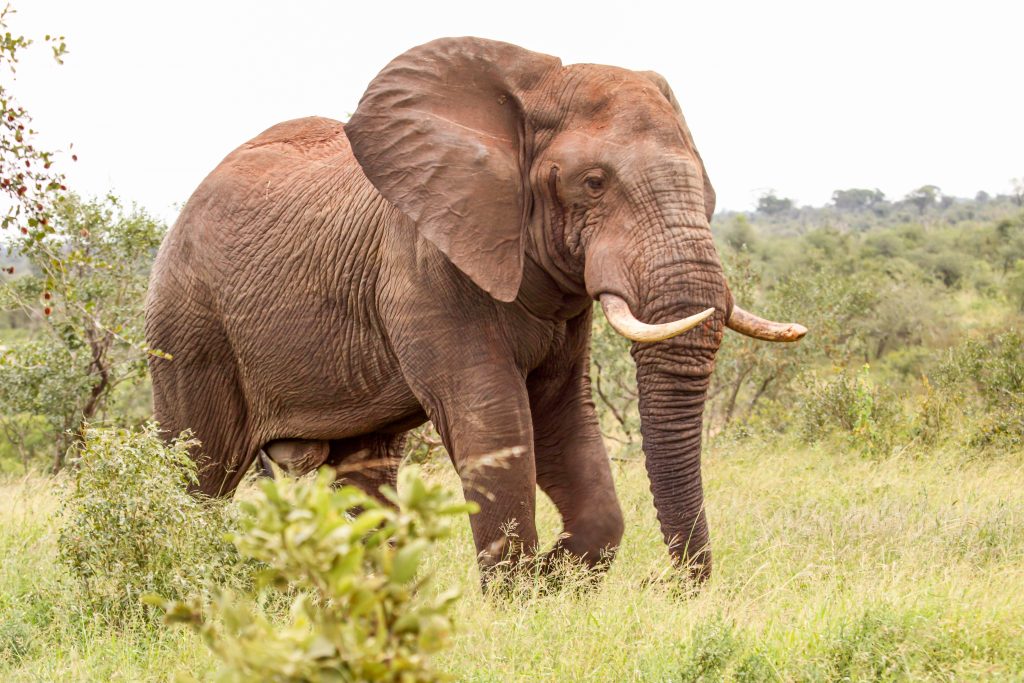Images IFAW

Every year on August 12th, wildlife enthusiasts and conservationists around the world come together to celebrate World Elephant Day. This special day serves as a global platform to raise awareness of the importance of elephant conservation, highlighting the challenges they face, and promoting their protection. Established in 2012, its aim is to shed light on the urgent need to protect elephants from the escalating threats they encounter, including habitat loss, poaching, and human-elephant conflict. By dedicating a day to these magnificent creatures, we strive to foster a deeper understanding of their ecological importance and rally support for their conservation.
African elephants are the largest land mammals on Earth, boasting an incredible size that captivates hearts and minds alike. They exhibit remarkable intelligence, emotional depth, and complex social structures, making them one of nature’s most fascinating creatures. Here are some intriguing facts about African elephants:
Size and Weight: Male African elephants can reach heights of up to 13 feet (4 meters) at the shoulder and weigh an astounding 12,000 pounds (5,400 kilograms). Females are slightly smaller but still impressively large.
Trunks and Tusks: One of the most distinctive features of African elephants is their long, versatile trunks, which they use for breathing, drinking, feeding, and social interactions. Both male and female elephants have tusks, which are elongated incisor teeth. These tusks serve various purposes, including digging for water, defending against predators, and foraging.
Social Bonds: Elephants are highly social animals, forming tight-knit family units led by a matriarch. They exhibit deep emotional connections, display empathy towards one another, and communicate through a variety of vocalizations, body language, and infrasound.
Appetite and Diet: Elephants have voracious appetites, consuming around 300 pounds (136 kilograms) of vegetation each day. Their diet consists of grasses, leaves, bark, fruits, and even tree branches.

Zimbabwe
Zimbabwe is home to one of the largest elephant populations in Africa, making it a vital cornerstone for elephant conservation efforts. The country takes immense pride in its diverse ecosystems, which provide sanctuary to both African savanna elephants and African forest elephants. These gentle giants play a crucial role in maintaining the ecological balance and are considered a national treasure. Our top two picks for a perfect elephant safari!
Hwange National Park: An Elephant Sanctuary:
One of Zimbabwe’s most iconic national parks, Hwange National Park, is a haven for elephants. Spanning over 14,600 square kilometres, it boasts a staggering population of over 40,000 elephants. Visitors to Hwange can witness the breathtaking sight of vast herds traversing the plains, bathing in waterholes, and demonstrating their complex social behaviours. Conservation efforts in Hwange focus on habitat protection, anti-poaching measures, and community involvement.
Mana Pools National Park: A Riverside Haven:
Situated along the mighty Zambezi River, Mana Pools National Park is a UNESCO World Heritage Site and an elephant paradise. The park’s wide floodplains and forests provide an ideal habitat for elephants, offering a unique opportunity to observe these gentle giants up close. Embark on a walking safari guided by experienced rangers, and witness the intimate moments of elephants foraging, bathing, and even interacting with other wildlife.
Conservation
Community-Based Conservation:
Zimbabwe understands the importance of involving local communities in conservation efforts. Through community-based programs, such as the Communal Areas Management Programme for Indigenous Resources (CAMPFIRE), Zimbabwe empowers local communities to actively participate in wildlife conservation. These initiatives promote sustainable practices, support anti-poaching measures, and facilitate community-led tourism, ensuring the long-term protection of elephants and their habitats.
Responsible Tourism and Elephant Conservation:
As a responsible traveller, you can contribute to elephant conservation in Zimbabwe. Choose eco-friendly accommodations that prioritize sustainability and support local conservation efforts. Engage in ethical wildlife experiences, such as guided safaris, where trained professionals educate visitors about elephant behaviour and conservation challenges. By promoting responsible tourism, you directly contribute to the preservation of these magnificent creatures.

